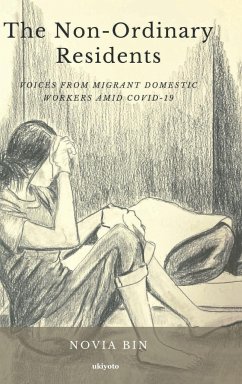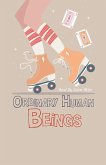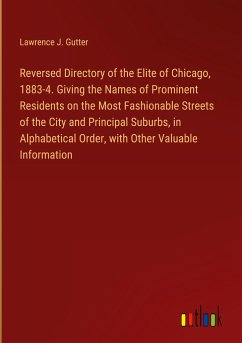Migrant domestic workers, most of whom are women, have long been subjected to overwork, underpayment and modern slavery. During the COVID-19 pandemic, when governments all over the world urged the public to stay at home, it means something different to those domestic workers who are required to live with their employers, as their so-called "homes" in a foreign society are actually their workplace. This book invites us to hear the voices from domestic workers in Hong Kong. Apart from sharing their stories as migrant domestic workers in Hong Kong, they also shared their work experience in Singapore, Taiwan, Saudi Arabia and the UK, which indicates that their vulnerability is across borders. Through joining domestic workers' Sunday gatherings, informal observation, and conducting multiple in-depth informal interviews with more than 20 Filipino and Indonesian domestic workers in Hong Kong amid COVID-19, Novia Bin traces these domestic workers' life trajectories, documents their experiences, struggles, opinions and wishes, aiming to present their untold stories as well as activism. This book discusses how poverty and social exclusion lead to migrant domestic workers' powerless situation, and how many of them are persistent in fighting for their human rights and labour rights. Beyond that, it also explores other identities of the domestic workers who could be artists, photographers, writers, union leaders, gifted language learners and activists. Without using any theories and jargon, this book tries to include readers from outside of academia. Anyone who cares about universal human rights could be a potential reader of this book.
Hinweis: Dieser Artikel kann nur an eine deutsche Lieferadresse ausgeliefert werden.
Hinweis: Dieser Artikel kann nur an eine deutsche Lieferadresse ausgeliefert werden.








